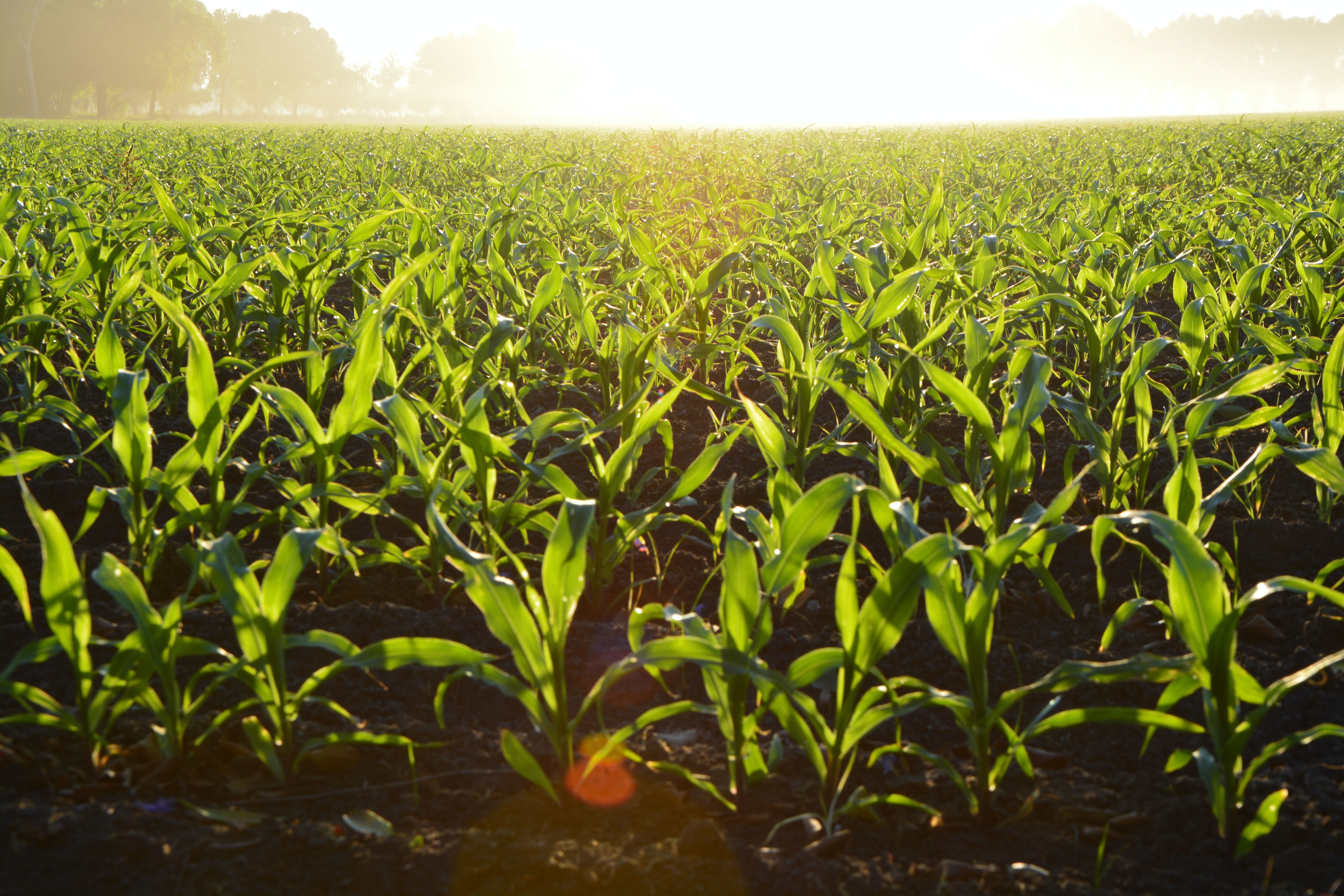
Seed Trade
Indian agriculture is faced with an enormous challenge: oster economic growth while reducing the environmental impact and ensuring food security for growing population at the same time. High quality seed of improved plant varieties is the fundamental input to all agricultural and horticultural production and the key factor to addressing this challenge successfully.
The company is managed by team of high professionals who collaborate in developing and breeding new varieties, which are the key to future. At Farmagen, we believe “one cannot solve the fourth-generation problems by the third-generation solutions coming from the second-generation systems with the first-generation management styles”. Solution can only be achieved through Research, Innovation, and Quality standards.
Indian seed sectorne of the world leader in seed trad nsuring farmers’ access to the highest quality seed of the most suitable plant varieties India’s plant breeders and seed producers develop seeds that are for sustainable and competitive farming. interanion. Research and plant breeding are conducted to develop new plant varieties of all species that are adapted to a range of environments and conditions. It is not uncommon for a seed company, including PSUs, to run or collaborate breeding in 10-15 countries, to produce seeds across the globe and distribute to farmers and end users in more than 100 countries. Currently, Indian farmers have a wide choice, with average more than 1000 new varieties each year, and 40,000 and vegetable varieties.
The specific nature of the global seed trade needs to be reflected in the framework. Seeds are often exported and re-exported several times before they are finally sold, unlike other commodities that are exported to a single destination and then processed or consumed directly. Establishing clear and workable rules and market access conditions in line with relevant international standards and protocols is essential to maintaining India’s global leadership in seed exports.
Seed laws and seed trade regulations have been adopted to guarantee quality standards to farmers. Engaging the discussion between public bodies and private operators related to market access will also help to achieve the objective of ensuring the delivery of quality seeds to farmers across the world. Several international organisations, conventions and treaties deal with the regulation of seed trade covering access, production to delivery of quality seeds to farmers. Among these are the Organisation for Economic Co-operation and Development (OECD) whose seed schemes are globally recognized when it comes to international trade; the International Seed Testing Association (ISTA) which has developed globally recognized standard procedures for seed sampling and testing; the International Union for the protection of New Varieties of Plants (UPOV) that enables breeders producing new plant varieties to enjoy intellectual property protection; and international conventions and treaties hosted by the Food and Agriculture Organization of the United Nations (FAO) that provides the international regulatory framework for related aspects of seed trade, plant health and phytosanitary measures, access and benefit-sharing for plant germplasm. Within the India, the production and marketing of different species are regulated under various Protection of plant varities and farmers rights acts (PPVFRA).
Farmagen Crop Science is committed to supporting fair rules and proportionate requirements for all operators of plant reproductive material that will ensure farmers’ access to healthy, high quality seed of the most suitable plant varieties, facilitate the movement of seed, and safeguard the leading international position of India’s plant breeders and seed producers.
.svg)